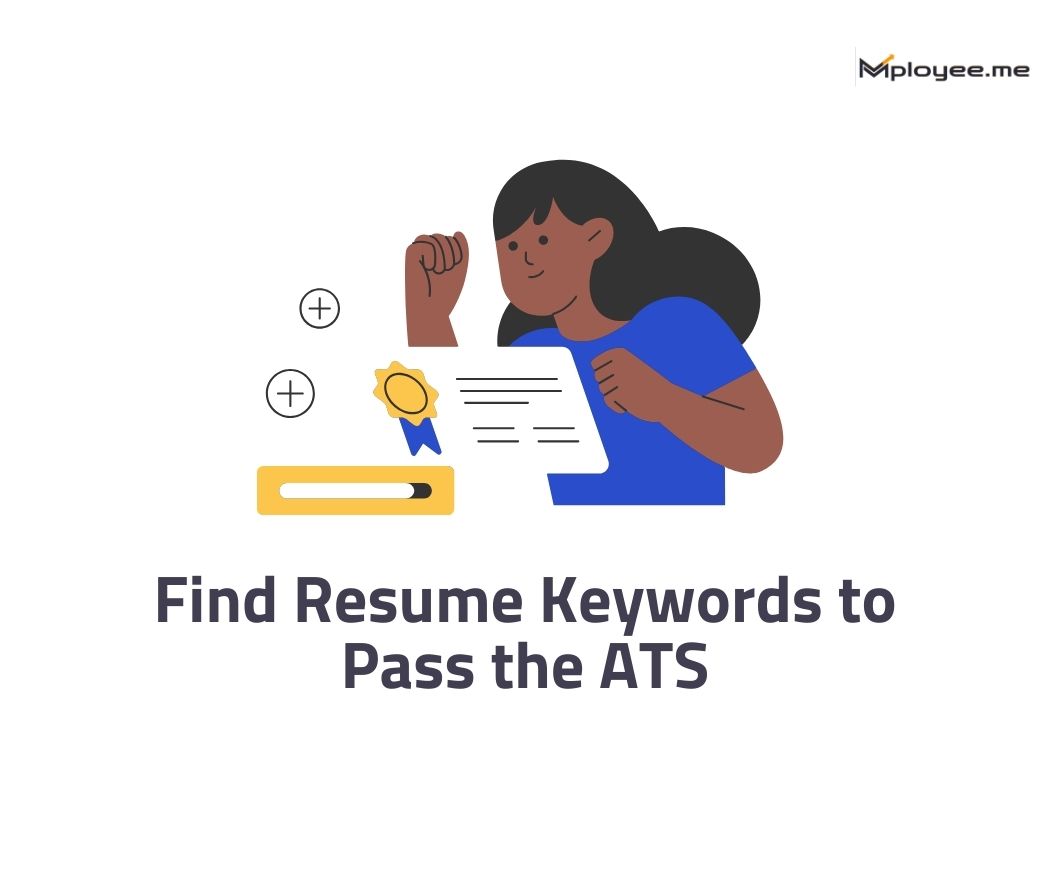
We'll cover
Career Options After BA in Economics
Written By Editorial Team

So, you’ve just wrapped up your BA in Economics—or maybe you’re on the verge of completing it—and the big question looms: What now? Whether you fell in love with supply and demand graphs or just powered through the three years with resilience, a degree in Economics opens more doors than you might think. If you're exploring a career after BA economics, you're already on a promising path. This isn’t just a subject for number-crunchers or future professors (though it’s great for them too). Economics degree job roles are diverse. Economics is the backbone of decision-making in businesses, governments, startups, NGOs, and even international bodies. The real question is not whether there are economic job opportunities—it’s which one aligns with your goals, interests, and ambition. In this blog, we’ll explore the diverse and exciting career options in economics you can pursue after your BA in Economics, from traditional roles in finance and policy to emerging fields in data and tech. Whether you're looking to step into the corporate world, crack competitive exams, or dive into further studies, this guide will help you find your next move with confidence.
We'll cover:
Why Choose Economics?
You understand the world and how it works in the present economy, the prices, the market's ups and downs and you get a better understanding of the social economics status.
Choosing economics for your career gives you a tile field option in consulting finance, international organisations etc.
People who have higher degrees and jobs in economics could have the opportunity to earn high packages like economic consultant, finance consultant, data scientist etc.
Not only in high earning situations but also it helps the country to solve different economic problems like poverty extra by shaping policies, consulting about finance changes and finance plans etc.
It provides you with global opportunities to work in international organisations as a finance consultant or data scientist in UN or international companies and banks. Jobs after economics honours can be both impactful and financially rewarding.

Job Roles After BA in Economics
Here are mentioned the most pursued career after BA economics that are top option for most graduated student after BA economics:-
Education: One could pursue your BA in Economics, for additional push you to continue higher studies with MBA etc.
Skills: The skills you need to have are financial modelling, MS Excel, data analysis, et cetera.
Salary: 4-8 LPA
Economic Research Analyst
Education: One could pursue BA in Economic jobs for their bachelors then if needed could pursue MA economics or MA in statistics.
Skills: One should have skills like statistics, report writing, research and analysis, et cetera.
Salary: 4-7 LPA
Education: One could pursue your BA in Economics for bachelors and for additional courses one could enroll in a data analytics course to enhance the resume.
Skills: Skills you need are data analysis, python, SQL, interpretation, etc.
Salary: 4-9 LPA
Policy Analyst
Education: One could pursue BA in Economics in bachelors then for higher studies you could pursue MA in public policy in developmental studies.
Skills: The skills that you need are policy writing, research, social economic knowledge, communication etc.
Salary: 5-10 LPA
Civil Services
Education: One could pursue bachelors in economics degree job plus should give civil services exams like UPSC, IES etc.
Skills: In-depth knowledge about career in economics and India's general knowledge and article knowledge, good writing skills etc.
Salary: 10-14 LPA
Education: One could pursue your bachelors in economics and for higher studies MBA or extra certificate also work in business administration.
Skills: Skills you need are competitive analysis, market research, communication skills, writing skills etc.
Salary: 5-9 LPA
Investment Banking Associate
Education: One could pursue a bachelor's degree in economics and for higher studies they could go ahead with an MBA from a reputed University or Ivy league.
Skills: Skills that you need are modelling, acquisition, modelling, knowledge in finance etc.
Salary: 10-20 LPA
Actuarial Analyst
Education: One could pursue bachelors in economics and actuarial science exam needs to be cleared.
Skills: Skills that you need are probability, statistics, risk modelling etc.
Salary: 6-10 LPA
Professor
Education: One could pursue BA in economics and masters in economics additionally clear the UGC NET exam.
Skills: Mainly you need teaching, writing, research etc.
Salary: 5-12 LPA
Government Jobs
Education: One could pursue a BA in Economics and any government exam you want to pursue.
Skills: Skills that you need are aptitude, reasoning, general awareness, etc.
Salary: 5-12 LPA
Should or Should Not Consider Higher Studies
Is it necessary to pursue higher studies for better economic job opportunities? Here are some pros and cons for pursuing an MA in Economics:
Additional Skills to Build After BA Economics
Here are some of the skills you can acquire for better career after BA in Economics:
Data Analysis and Statistical Tools: Employers love candidates who can interpret and visualize data like, proficient in excel, knowledge of R, python, experience with SPSS, STATA, or SAS.
Financial and Economic Modeling: Especially important if you're going into finance, research, or consulting like economic forecasting, financial modeling and valuation techniques, cost-benefit analysis.
Research and Report Writing: These demonstrate your ability to synthesize complex info like conducted primary and secondary research, policy analysis and white paper writing, academic research and literature review, strong report presentation and documentation skills.
Communication and Soft Skills: Economics grads often work in teams or need to present insights like, effective verbal and written communication, presentation and public speaking, team collaboration and leadership, critical thinking and problem-solving.
Certifications and Online Courses (Highly recommended): Boost your credibility with relevant short courses like Google Data Analytics, financial Markets, economics of Money and Banking.
Business and Market Understanding: Shows you’re industry-aware and ready for practical challenges like market trend analysis, understanding of micro and macroeconomic indicators.

Got Your Answer ?
Learn this in 30 Seconds 👇
Career Blogs
Our career blog is your go-to resource for insightful advice, practical tips, and the latest trends in the job market.

Office Address: Room No 305, IIT ROPAR-TBIF, Top Floor (East Wing), M.Visvesvaraya, Rupnagar PB, 140001
- Free Online Resume Review
- Check Resume Score
- Job Description Keyword Finder
- Resume Shortlisting Software
- Resume Scanner for Jobs
- Find jobs that match with resume
- Job matching platform
- Resume job matching
- Job suggestion
- Best sites to find jobs
- Free ats resume scanner
- Auto apply for job
- Full Time Jobs
- I Need a Job
- Information Technology Jobs
Can't Find Something? Get in Touch.
©2026 Padhakku Peek A Book Pvt Ltd (Mployee.me)






